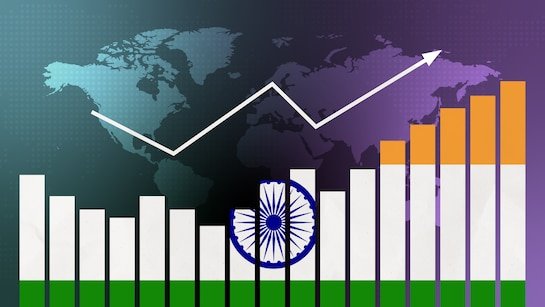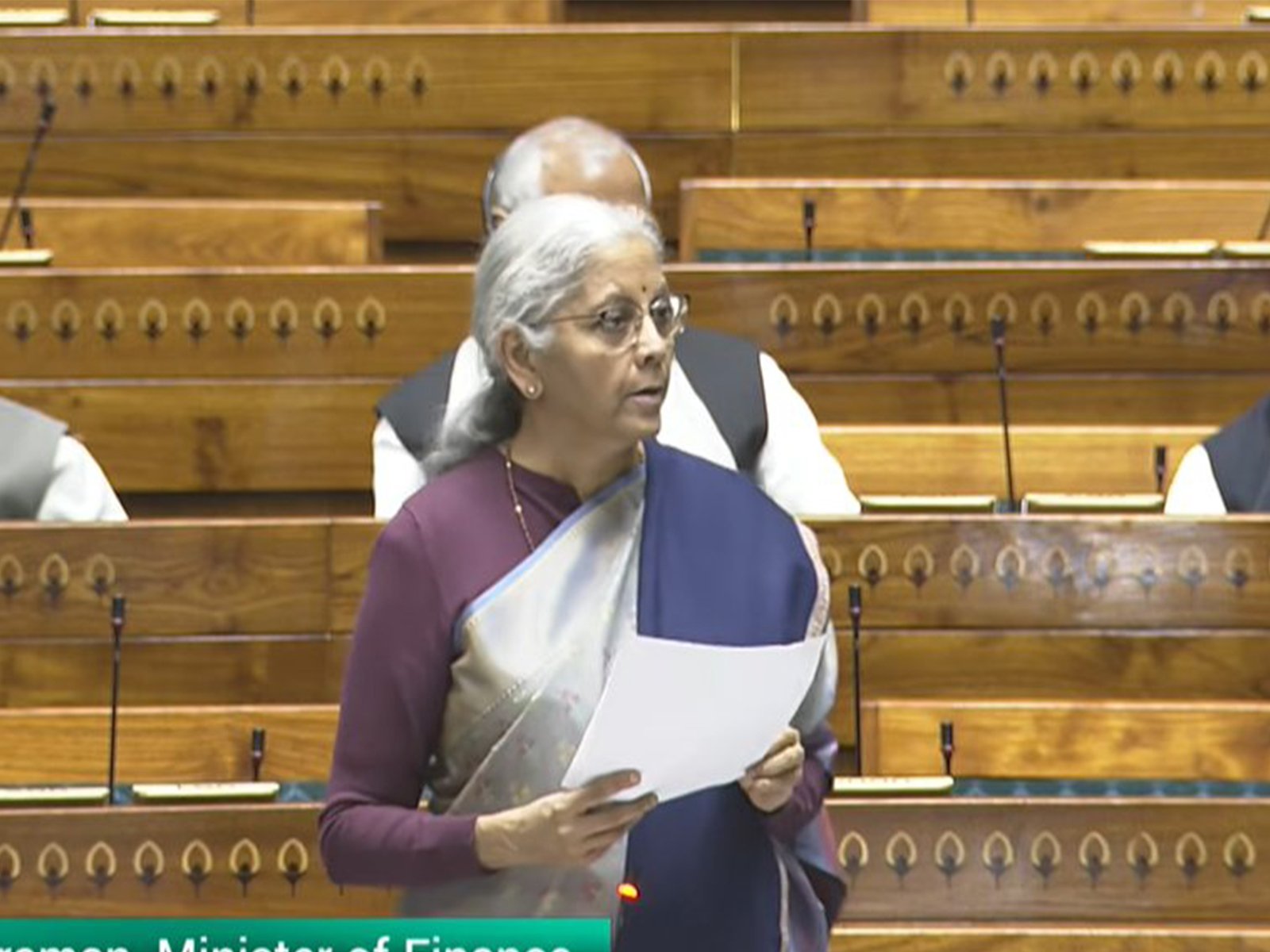Why in the News?
- The global economic order (system of trade, finance, and production between countries) is changing due to tensions between the US and China, the rise of populist-autocrats (leaders who centralise power and bypass democratic norms), and new trade, financial, and digital systems.
- These changes affect global trade flows, currency markets, and strategic decisions, creating both challenges and opportunities for India and the Global South (developing countries in Africa, Asia, Latin America).
Key Changes in the Global Economy
| Trend | Explanation |
| State-Capital Nexus / Crony Capitalism | Populist-autocrats favour big corporations (oligopolies) over citizens, giving them advantages in exchange for political support. This often distorts policies and national priorities. |
| Resurgence of Traditional Statecraft | Countries like the US are prioritising national interest by securing supply chains, relocating critical industries (like semiconductors), and controlling strategic regions (Arctic Rim, Greenland) to ensure security and economic advantage. |
| Digital Colonialism | Big Tech and cloud platforms extract wealth from other nations, reshape politics, and challenge economic sovereignty through state-backed digital currencies, SWIFT system manipulation, and AI plans. |
| Withdrawal of Developmental Aid | Cuts in international aid by the G7 or World Food Programme increase poverty, migration, and political instability in vulnerable nations (e.g., Africa, Nepal, Sahel region). |
| Trade Restrictions and Sanctions | US tariffs on 70+ countries and sanctions on 30+ nations disrupt free flow of goods, capital, people, and ideas, prompting the Global South to explore alternatives like de-dollarisation (reducing reliance on US dollar) and localising supply chains. |
| SWIFT system: 1. It is a global network that allows banks to securely send and receive international payment instructions. 2. It helps banks communicate about cross-border money transfers. |
Implications for India and the Global South
- Opportunity to reshape global governance – demand fairer representation in international institutions and push for debt-relief frameworks (reducing unmanageable national debts).
- Need to protect domestic industries through fair trade policies and resilient economic/diplomatic strategies.
- Chance to create a New Economic Deal that is equitable for developing nations.
Domestic Reforms Needed in India
| Challenge | Recommended Action |
| Private Sector Limitations | The state should lead critical sectors (energy, infrastructure, digital finance, defence, space, health, education, water, agriculture) because private companies are profit-oriented and cannot solve structural problems. |
| Oligopolistic Control | Implement anti-monopoly laws and create sovereign wealth funds to channel resources toward national goals. |
| Lack of Scientific & Educational Competitiveness | Invest in research, education, and teaching autonomy to make India globally competitive. |
| Under-Utilized Public Sector | Strategically use Public Sector Units (PSUs) like China’s State-Owned Enterprises (SOEs) to maximise revenue and strategic influence. |
| Digital-Financial Alignment missing | Align emerging digital finance systems with India’s constitutional and national objectives. |
| Lack of Foreign Policy Cohesion | Adopt a substantive foreign policy: non-alignment (neutral global stance), bipartisan consensus, and a clear long-term vision for India’s global role. |
Conclusion
Global economic shifts create both threats and opportunities for India. By combining strategic foreign policy, domestic economic reforms, and state-led governance of critical sectors, India can secure a resilient, sovereign, and equitable position in the emerging world order. India must balance global engagement with domestic capability building, asserting its role in a fairer international economic system.
| Ensure IAS Mains Question Q. Analyse the challenges and opportunities for India arising from the current global economic realignments and suggest strategies to secure its economic and strategic interests. (250 words) |
| Ensure IAS Prelims Question Q. Consider the following statements regarding global economic transformations: 1. Populist-autocrats favour big corporations over citizens’ interests. 2. Digital colonialism can undermine the economic sovereignty of nations. 3. India can use forums like BRICS to influence global economic governance. Which of the statements given above is/are correct? Answer: d) 1, 2 and 3 Explanation: Statement 1 is correct: Populist-autocrats (leaders who centralise power and bypass democratic norms) generally support large corporations and oligarchs over ordinary citizens. Statement 2 is correct: Digital colonialism (Big Tech, SWIFT control, state-backed digital currencies) threatens economic sovereignty of nation-states. Statement 3 is correct: India can leverage BRICS and South-South partnerships to influence trade, debt relief, and global economic governance. |





